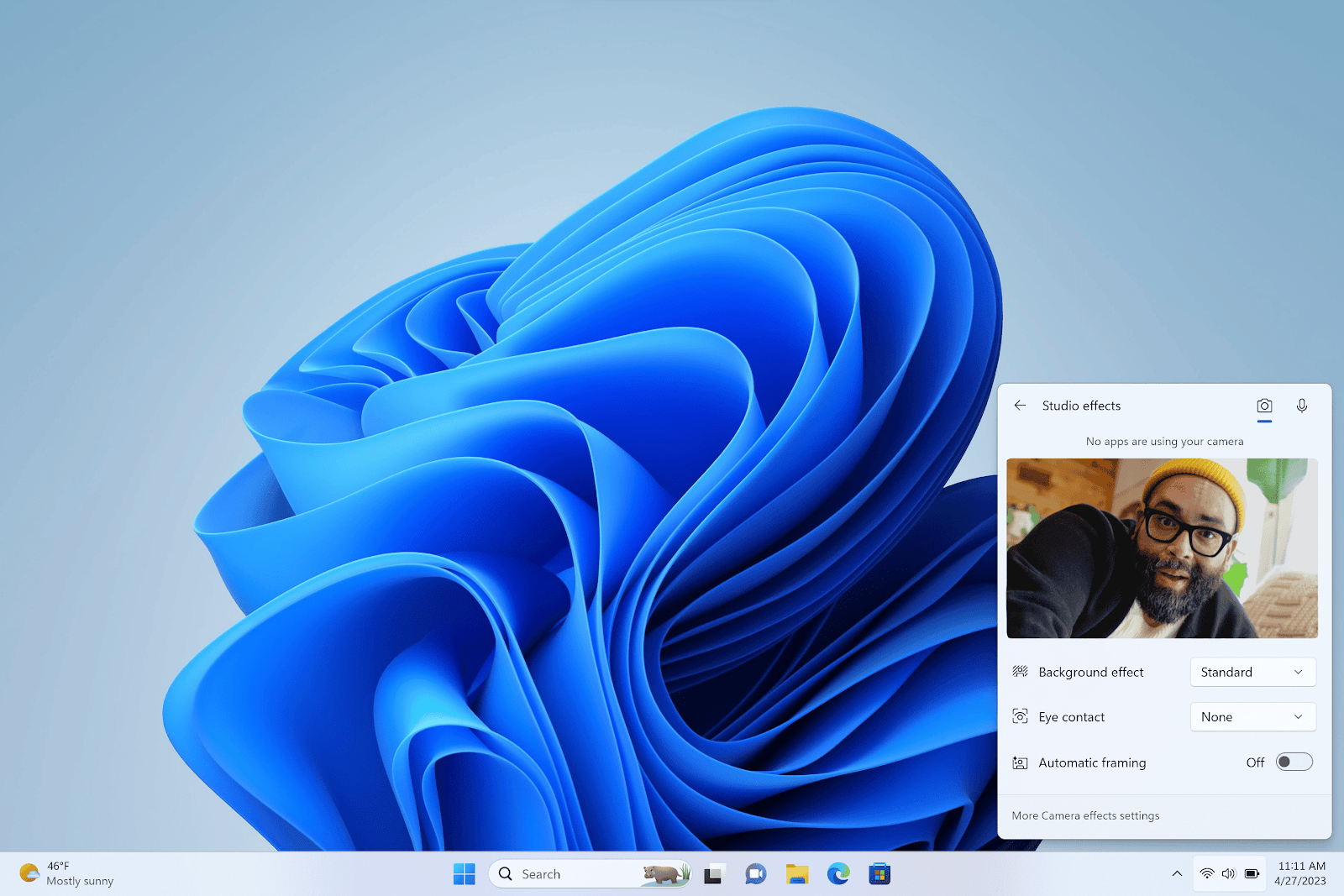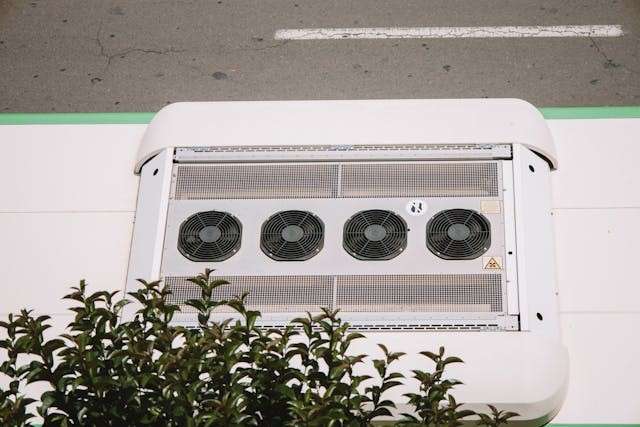Many students state that all they want is to get by and pass the class when it comes to cheating. They argue that the shift to online learning has impaired their capacity to learn and retain the material and that they only intend to cheat in the short term.
Many people feel that asking questions during testing is difficult because they have never done so in person. While students can ask questions via email or during office hours, many miss the simplicity of raising their hands and receiving a prompt response. In this new environment, some pupils find it difficult to learn. This is why most students have adopted a get-the-answer, pass-the-class, and move-on approach, and as a result, their grades have suffered.
Proctoring technology is on the rise
Outside of the classroom, proctoring technology has played, and continues to play, an important role in providing education to children. Using a combination of TV, radio, web, and mobile channels, all countries could utilise remote learning technology. This adds to the depth and breadth of training. Teachers who’ve been formerly reluctant to attend online sessions are now at ease while regularly teaching online.
According to studies, universities utilising the proctoring system have “more than doubled” since the epidemic began. About 600 of the roughly 1,500 institutions using the lockdown browser have licensed the monitoring system. The technology would detect periods when “certain events or abnormalities” occur. This information will then be shared with the teachers.
Parents never anticipated they’d be able to join PTM via video conferencing apps on the internet. The rise of remote online proctoring technology has many advantages. For example:
1. Lower Fees:
Online education can be less expensive for various reasons. Commuting, for instance, is entirely free. Transportation costs such as gasoline, parking, automobile upkeep, and public transportation have no bearing on the online student.
2. Networking Opportunities:
Online schooling allows students to connect with classmates from all around the world. It typically leads to more opportunities for collaboration with other people involved in the project’s execution. At the same time, their exposure to various cultures has made them culturally sensitive and capable of adapting to various situations.?
3. Extended Instructors Time:
In traditional classes, students may not get the individualised attention they need to grasp concepts. Although online programmes have a small number of students, other universities have courses with hundreds. Because guided conversations and one-on-one time with professors and lecturers are included, this is not an issue for this style of proctored education. It increases a student’s chances of succeeding because of the time their lecturers give them. It also helps them to enhance their problem-solving and communication skills and their ability to defend their opinions in front of superiors.
4. Lower Pressure:
Pupils and teachers will experience a stress reduction. Based on the curriculum allocated, most of the material on smart boards is preserved in them. When students are in visually appealing environments, they recall information more quickly, which improves their attentiveness.
Conclusion
This type of schooling has gained popularity and recognition in recent years. It has become a part of student life since the on-setting of the Covid pandemic. Students are now more than ever making the best of the proctoring technology which can be both positive and negative. New learning models are constantly appearing on the market. Because it now makes education available to a much bigger audience than ever before, online degree education has a bright future. You have more control over your learning environment in an online class, allowing you to grasp your degree course better. It also enables people to complete a degree they started but were unable to complete for various reasons.









